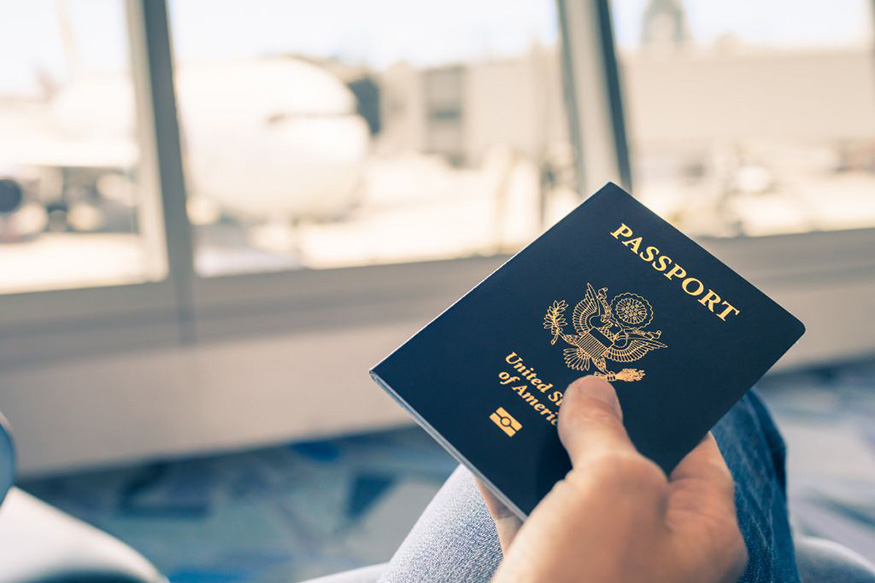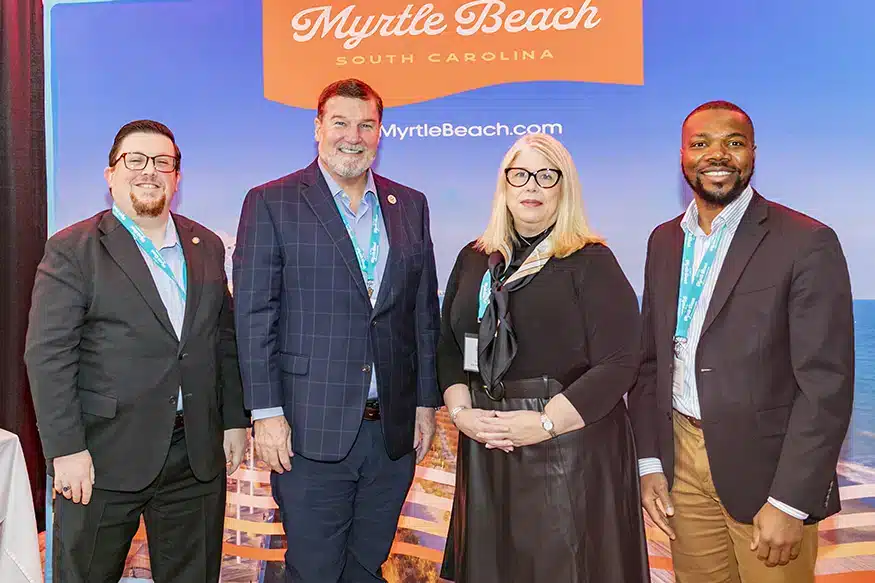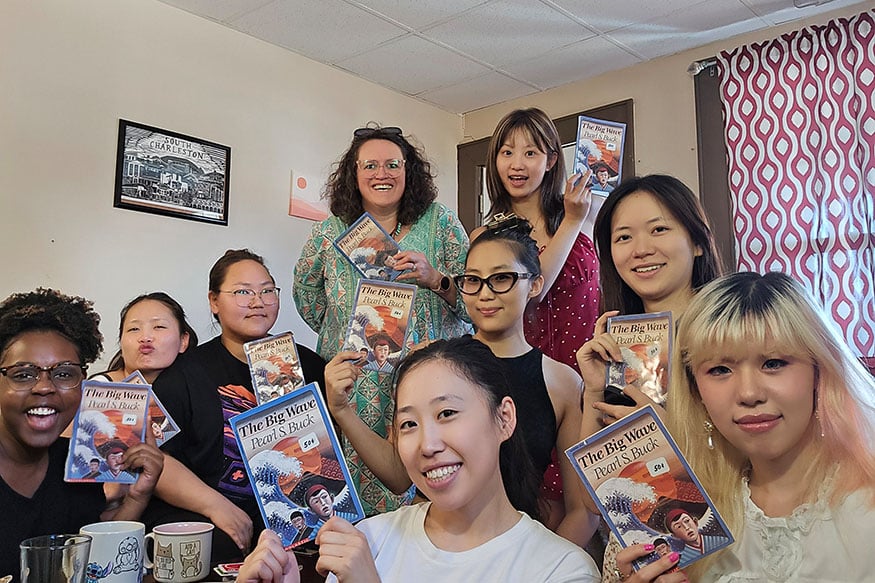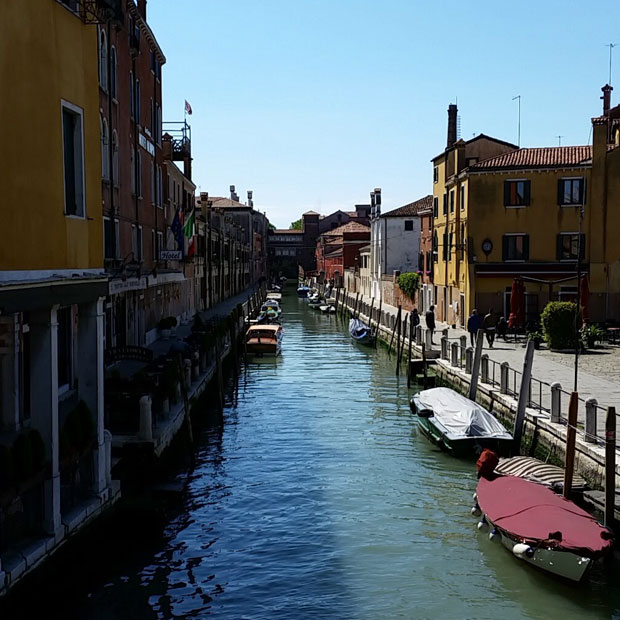
Photo courtesy of Sheila X.
With its great food, weather, and charming people, Italy is a wonderful place to live in many regards. Deaf Italians, however, struggle to obtain quality services in their daily lives. As a deaf person who lived in the United States and now resides in Italy, the differences are quite dramatic. For example, American Sign Language (ASL) is protected under the Americans with Disabilities Act of 1990, which allows deaf Americans to access needed services: ASL interpreters in schools, hospitals, and legal settings, free 24/7 relay phone calls for the deaf, and other services. There are no such explicit laws and services for Lingua dei Segni Italiana (LIS) and deaf Italians.
I experience the same reality as deaf Italians. I can’t make phone calls, find interpreters to accompany me to doctor visits, and many of the other services I used to take for granted in the U.S. To put into context how Italy compares to the rest of the European Union, Italy is one of the last European countries, along with Luxembourg, to recognize and protect their own country’s sign language.
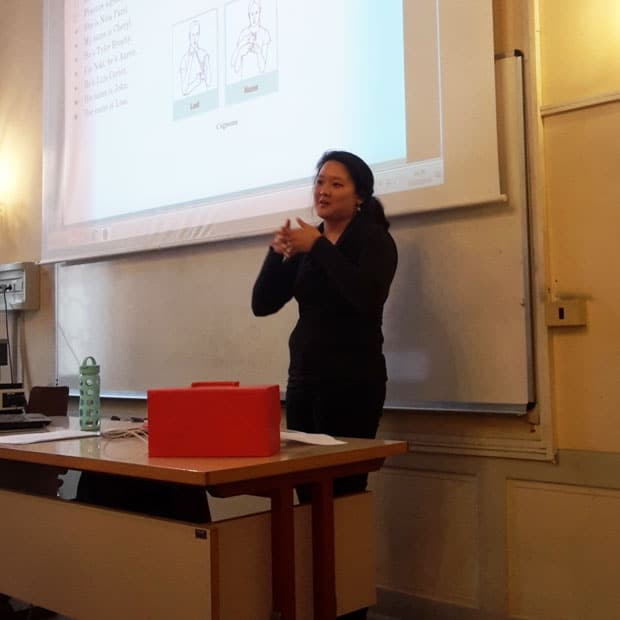
Photo courtesy of Sheila X.
This is one of the reasons why I am proud to partner with the Department of Linguistics and Comparative Cultures at Ca’ Foscari University of Venice to offer Italy’s first and only ASL & American Deaf Culture courses for several months, free of charge, and open to the public. My courses focus on using both ASL and English to ensure there is no confusion between ASL, LIS, English, and Italian while learning. I’m also providing an opportunity for my students to take a foreign language course, taught by a deaf teacher instead of a hearing teacher, in their home area. Having a deaf teacher is a big deal here because there are no deaf teachers in K-12 Italian schools for the deaf, and there is only one deaf professor at Ca’ Foscari.
Attendees came from all over Veneto and places as far away as the city of Modena. There is a good mix of both deaf and hearing students. They’re all proficient in LIS, which means I can move at a faster pace because they already have a sign language background. All attendees have two things in common: the desire and curiosity to learn ASL and about American Deaf culture and the chance for both deaf and hearing students to meet and interact with each other. They don’t come because of any requirements. They come of their own volition.
I discovered the division between the deaf and hearing is more defined than what I am used to in the U.S. Many hearing students studying LIS do not get the chance to meet and get to know deaf Italians. I use many of my classroom exercises to connect hearing and deaf students and encourage them to get to know one another.
With the generous support of a Christianson Fellowship from the InterExchange Foundation, I’m fulfilling my dreams of living and working abroad to work with and support Deaf communities!
by Sheila

